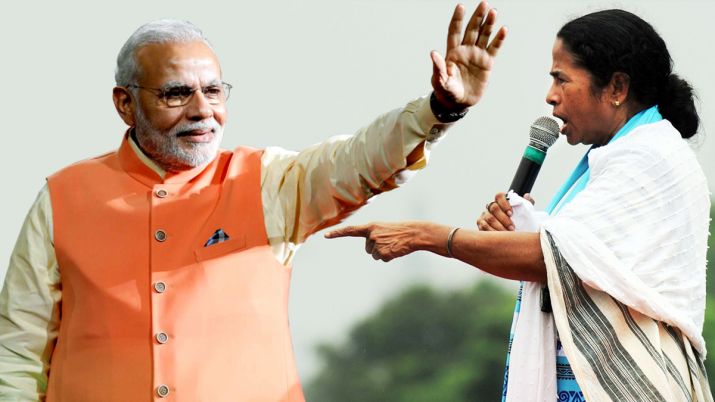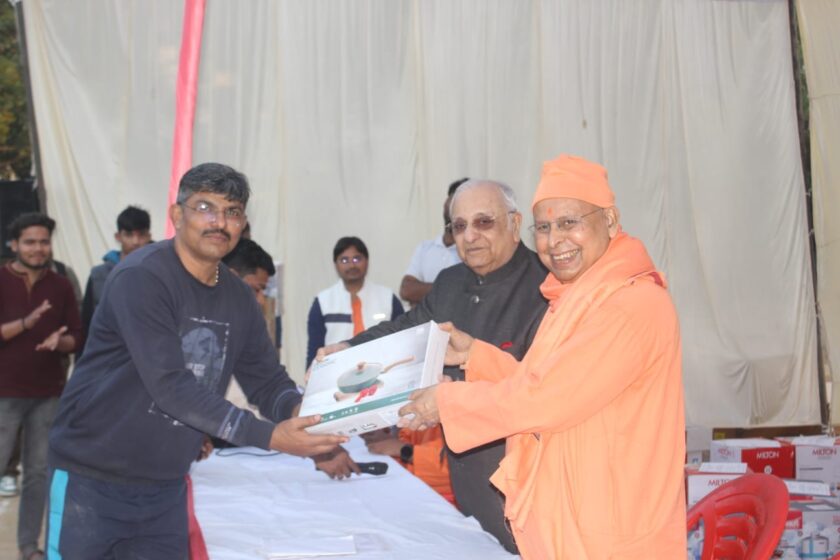Supreme Court grants interim bail; NHRC demands detailed report within a week
New Delhi: The arrest of Dr. Ali Khan Mahmudabad, a professor at Ashoka University, over a social media post related to ‘Operation Sindoor’ following the Pahalgam terror attack, has sparked national outrage and drawn the attention of the National Human Rights Commission (NHRC). The NHRC has taken suo motu cognizance of the matter and issued a notice to the Director General of Police, Haryana, seeking a comprehensive report within seven days.
The commission’s notice was issued in response to media reports highlighting procedural inconsistencies and possible rights violations surrounding Dr. Mahmudabad’s arrest. The NHRC has expressed concern that the arrest may have prima facie infringed upon the professor’s fundamental rights.
In its statement, the NHRC emphasized that protecting the right to free expression and the human rights of detained individuals is the responsibility of the state. The commission asked for detailed information on the circumstances of the arrest, the conditions of his detention, and whether due legal procedures were followed.
Supreme Court Grants Interim Relief
The controversy began after Dr. Mahmudabad was accused of making an “anti-national” comment on social media. The content of the post was allegedly distorted, leading to charges including sedition under stringent provisions. However, during a hearing, the Supreme Court found insufficient grounds for his immediate arrest and granted him interim bail, providing significant relief to his family and academic community.

University Issues Statement
Ashoka University released an official statement supporting the Supreme Court’s decision. It welcomed the interim bail as a “source of comfort” and reaffirmed its commitment to the values of academic freedom and legal due process. “The university community draws moral strength from this development,” the statement read.
A Case That Sparks National Discourse
The arrest has stirred significant debate around freedom of expression, the role of law enforcement, and protection of individual rights in democratic institutions. With the NHRC now actively involved, questions are being raised about the justification and legality of the police action.
As the Haryana Police prepares its response to the NHRC notice, legal experts and human rights advocates across the country and abroad are closely watching the developments. The case could set a crucial precedent for the boundaries of academic expression and state accountability in India.









